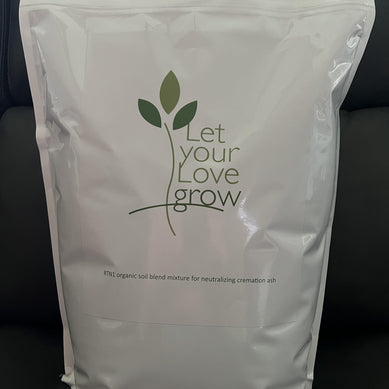Rediscovering Purpose and Joy After Losing a Spouse in Later Life
Losing a spouse is an indescribable ordeal. You feel almost as if a part of you is missing, and that’s likely to evoke all kinds of emotions. Anger, depression, sadness, and anxiety are likely to persist even years later, when you think you should have recovered. It may feel like you have lost your sense of purpose.
Keep in mind that your feelings are valid. You’ve lost someone very important to you, and that kind of experience affects everyone differently. Rediscovering purpose and joy after an event like this occurs can be a long road, but it’s one well worth walking. If you think you need a helping hand on that road, we’re here to show you how to walk it.
Coping With Grief
Grief affects everyone differently and typically causes a wide range of physical and emotional symptoms. While grieving, you may experience:
- Difficulty falling or staying asleep;
- Decreased or increased appetite;
- Frustration and difficulty concentrating;
- Clouded thinking and struggling to make decisions;
- Lack of interest in hygiene or routine.
These symptoms can stick around for months or years, depending on the person. It’s okay to let yourself feel how you feel, and certain activities like doing the dishes, leaving the house, or even getting out of bed may be more difficult on certain days. This is true whether you’re a day removed from tragedy or many years in its wake.
It’s important to give yourself the space you need to recover, while not allowing your health to decline further. Make sure you’re getting enough sleep, that you’re taking care of your hygienic needs, and that you’re able to exercise semi-regularly. If you’re struggling with sleeping regularly, for example, try creating a bedtime routine or practicing some relaxation tactics.
Building a Support System
It’s equally crucial that you find people to lean on. Grief is a very isolating experience, and it can feel as though you are drowning in it by yourself; however, the likelihood is that others around you are experiencing a degree of the same pain and that you can find some consolation in a shared community.
It’s also equally likely that without your spouse, you have a great deal of housework and financial concerns that have piled up. Older adults who are used to having a partner to help manage household affairs and provide a second income might struggle with the aftermath of their passing, even years after the event. Your community can assist with these matters, lending a helping hand or providing avenues to seek legal advice – you just have to know where to look.
If you’re unsure where to start, try:
- Visiting family. Sometimes your oldest connections can run the deepest. Your children can be resources for you in your time of need. When you feel ready to share memories of your loved one, give them a call, knock on their door, or meet them in a public space. They’ll be all too happy to share memories, provide consolation, and offer their support however they can. You can also reach out to siblings for help regarding inheritance and estate work, as they can help carry the burden of dividing your spouse’s belongings.
- Spending time with friends. Whether your friends fully understand what you’re going through or not, they can provide the support you need when and how you need it. Whether your friends provide you with active encouragement, practical advice, or just a listening ear, they can be a valuable resource for you as you work to overcome your grief.
- Exploring new hobbies and interests. Exploring new hobbies contributes to building a sense of purpose and building a supportive community. They can combat feelings of isolation, support your mental and physical health, and contribute to an overall sense of well-being.
While you may be on a long road to recovery, building and maintaining a supportive community and investing in new hobbies provides a foundation for rediscovering joy and purpose. You might not feel like you’re there yet, even after all this time; but with effort, you will be.
Making Life Adjustments
Finally, take some time to ask yourself honestly: what do you need to feel whole again? For some, it’s taking better care of their physical health. For others, it’s uprooting and moving to somewhere new, where they can build a new life while keeping their significant other’s memory alive.
Your life is your own, and you’ll uncover what you personally need to feel happy again. Listen to yourself, be patient as the weight of grief grows lighter, and remember that our time is short. Why not make it as beautiful and joy-filled as we can? Whatever you need to make it so, chase it: and know that while that emptiness swells in your chest now, it will, with time, love, and joy, eventually be full again.
Meet the Author
Charlie Fletcher is a freelance writer from the lovely “City of Trees”- Boise, Idaho. Her love of writing pairs with her passion for social activism and search for the truth. When not writing she is a part time wedding planner and spending time with her nephews. And yes, she does love all kinds of potatoes!










